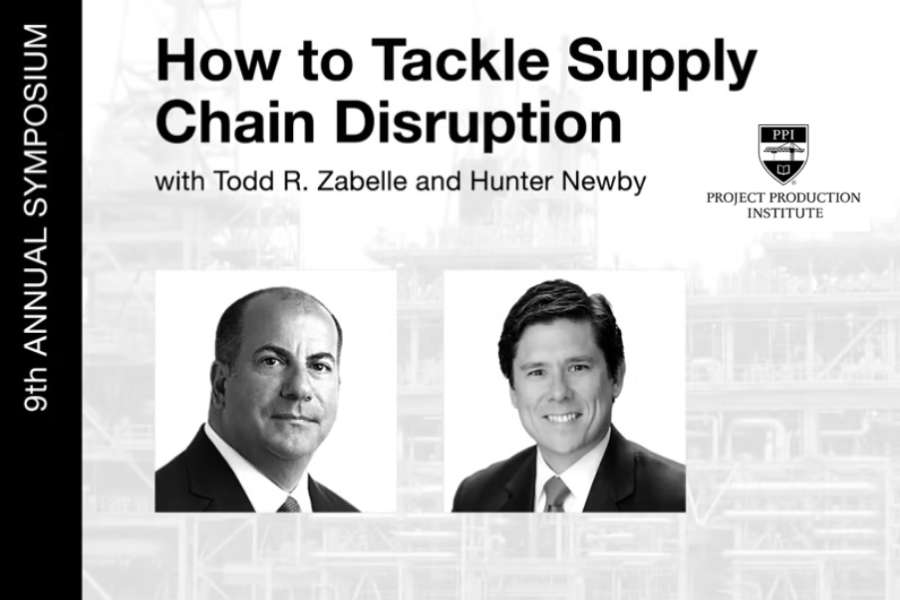Fiber, Broadband, the Net, What Does it All Mean?
September 1, 2011
Source: Internet Telephony Magazine
This article originally appeared in the Sept. 2011 issue of INTERNET TELEPHONY
It is difficult to have a meaningful and productive discussion between any two or more people if those people all speak a different language. In any business dealing, let alone a casual conversation, if one person for example only speaks English and the other only Chinese then not a whole lot will be accomplished. At least in this situation it is clear that one side does not understand the other. In the world of communications infrastructure, ironically, people are speaking the same language, but in many cases they have different definitions of the words they are using. This leads to mass confusion and bad decisions that ultimately can cause serious problems.
In order for mistakes to be avoided it is critical that everyone be on the same page. The difficulty in this is that it is not possible to test everyone’s telecom dictionary knowledge before a conversation begins. Therefore it is important to validate certain points as the dialogue progresses.
There are many over-used and widely misunderstood terms today including: wireless backhaul, Net, capacity, fiber and broadband. To some, wireless backhaul means the transport of voice/data from mobile phones and devices, but to others it can mean using microwave technology for the actual transport link itself. In some cases microwave transport is used to backhaul mobile data traffic. The term wireless therefore has both a mobile and microwave meaning, but in the stream of a conversation it is easily lost in translation.
The Net in net neutrality is understood by most people in the U.S. to refer to Internet, so they believe that net neutrality is about Internet neutrality. The Net actually refers to the word network, which has its own definition, but is basically related to the physical and data link layers and not layer 3 – the Internet protocol layer. Network neutrality is something completely different than imposing regulations on individual websites, but since so few people understand this we now find ourselves faced with Internet regulations when in fact the regulations should be on fair access to the Internet instead. This difference in terminology has caused, is causing and will cause serious issues.
Fiber is another term that is often used and difficult to define properly in the course of a conversation or presentation without running the risk of being labeled as long-winded, or verbose. The truth is that dark fiber is quite different than lit and, or managed fiber. Those that wish to light their own networks and want dark fiber cannot purchase fiber that is already lit. Lit fiber is not really fiber, it is a circuit.
Industry experts are even using well-known acronyms in conversations that sound exactly like something most people already know, but they are using them to describe something else entirely. A good example of this is POTS, which just about everyone in telecom knows as the acro-word for the plain old telephone system. But when certain optical equipment vendors are speaking of their products they now say POT-S, which to them means packet optical transport system, but sounds in conversation exactly like the other POTS. Just imagine how most people react when they hear in a presentation that POTS is going to save the communications infrastructure.
Probably the most problematic of all is the confusion caused by the word broadband. The definition of broadband is so loose that it can be argued to have no real definition at all. Unless the person speaking of it takes the time to explain it in great detail, or the listener asks several qualifying questions, it is easy to take away a misconception and just as easy to mislead for the purpose of a deception.
Broadband in most minds is analogous with speed. Speed is analogous with fast. In certain places in the U.S., broadband speed is being defined as 128kbps, which just about everyone functioning online today would say is not even remotely close to anything considered fast. In this case, broadband speed is an oxymoron.
A word to the wise, know what the words being spoken and heard mean and you will be the wiser for it. Sometimes the journey to a common understanding is more enlightening than the end result. Know enough never to assume and always verify and, ultimately, bad decisions and mistakes can be averted.
Hunter Newby (News - Alert), CEO Allied Fiber writes the Infrastructure Peering column for TMCnet To read more of Hunter's articles, please visit his columnist page.
Edited by Stefania Viscusi




